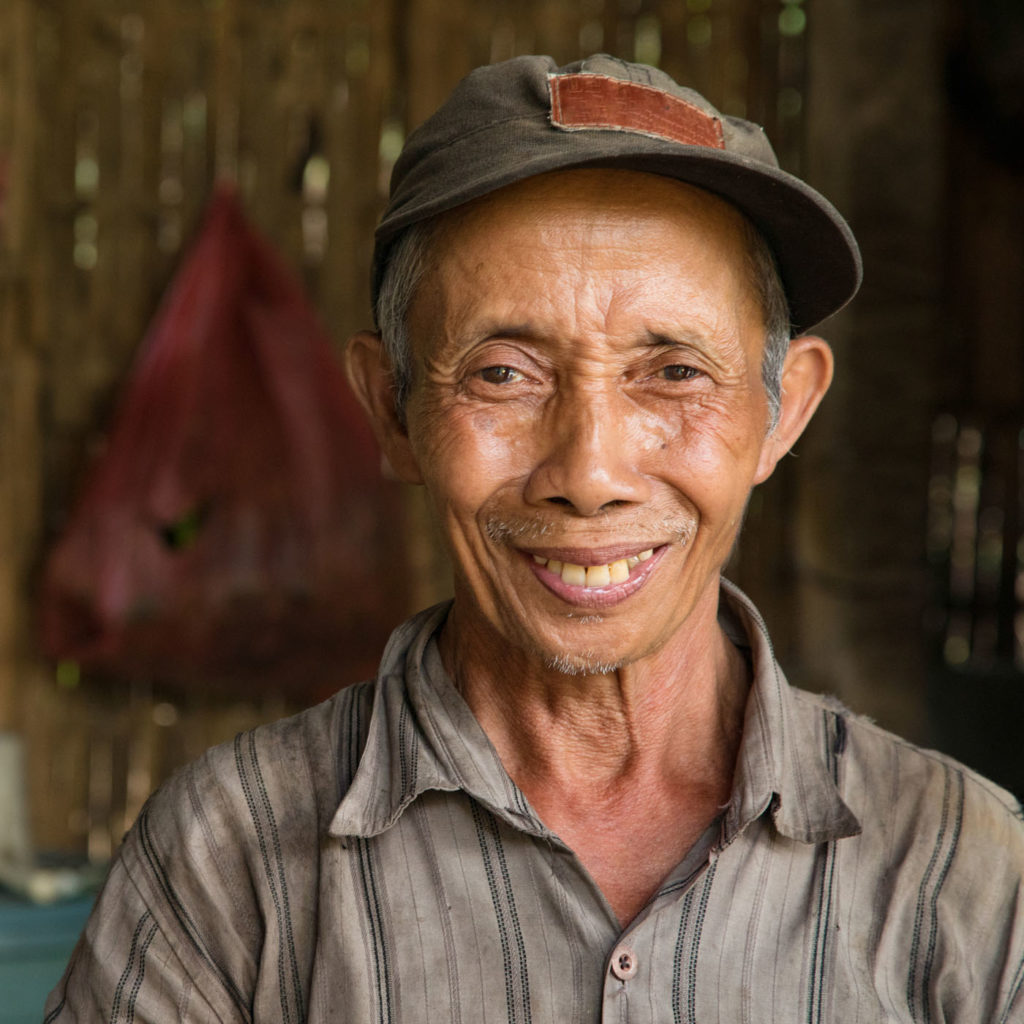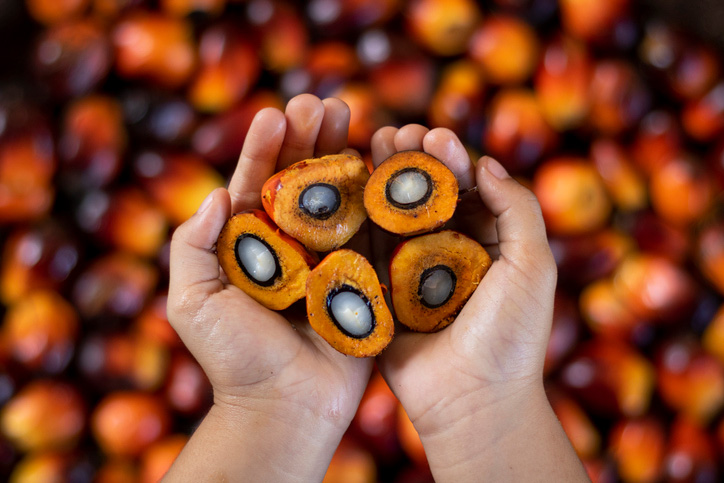The #1 Sustainable Choice
Welcome to Indonesia Palm Oil Facts – a new web platform supported by the Indonesian Palm Oil Association, dedicated to separating the facts from the fake news and false claims leveled at Indonesian palm oil.



Indonesia Palm Oil Facts will draw attention to the reality of the Indonesian palm oil community including its productivity, sustainability, environmental advances and contribution to lifting millions of Indonesians out of poverty. The platform will also highlight Indonesia’s advances in good agricultural practices and sustainability standards that have made Indonesia the #1 global producer of Certified Sustainable Palm Oil.
Our platform is dedicated to:
- Promoting the facts of Indonesian palm oil’s recent advances in protecting the environment;
- Supporting on-ground efforts to combat deforestation that are in line with Indonesia’s development goals;
- Countering European government-funded attacks against the Indonesian palm oil community and government;
- Debunking the anti-palm oil campaigns of unscrupulous NGOs and
- Highlighting the importance of small farmers in the palm oil supply chain.
The platform will also highlight Indonesia’s advances in good agricultural practices and sustainability standards, which have made Indonesia the #1 sustainable choice.
Forgotten Facts on Indonesian Palm Oil
- Poverty Reduction: Since the 1950s, palm oil has lifted millions of Indonesians out of poverty. Oil palm plantations have been a central part of the country’s poverty reduction programs. From 2001 to 2010, the Indonesian palm oil community lifted 10 million people out of poverty. Indonesian palm oil provides:
- Incomes for 5.5 million workers;
- Jobs for 12 million people and
- Livelihoods for 21 million Indonesians.
The Indonesian palm oil community has changed the lives of Indonesia’s farmers. There are 2.3 million smallholders in Indonesia. They employ 4.6 million people on small farms across Indonesia’s 17,000 islands.

- Sustainable: The Indonesian government and palm oil community are committed to producing 100% sustainable palm oil under the Indonesian Sustainable Palm Oil (ISPO) initiative, which will be the world’s largest-ever sustainability scheme. ISPO includes requirements on social responsibility, health, safety and employment conditions, as well as protections in place for the environment, natural resources, biodiversity and protected species.
- Environmental Protection: Last year, the President of the Republic of Indonesia, Joko Widodo, renewed the moratorium on new licenses for oil palm expansion for another three years, a major environmental commitment.
- Orangutan: Indonesia has more orangutans than any country on Earth, and is committed to protecting this iconic species. Orangutans are protected under Indonesian law, and conservation programs mean that population numbers are stable. Over 100,000 orangutans live in Indonesia’s Kalimantan state alone.
- Land Use: Indonesian palm oil has a significantly lower environmental footprint than other commodities, including beef and soy. Even the European Commission admits this fact in their report, “The impact of EU consumption on deforestation: Comprehensive analysis of the impact of EU consumption on deforestation“, which was published in 2013.
- Efficiency: Oil palm cultivation has the lowest impact on land use of all oilseeds: it requires 10 times less land area than soybean for equal production.
- Deforestation: The scare stories about forests in Indonesia are untrue. The recently published United Nations FAO Report “Forest Resources Assessment for 2020 (FRA 2020)” confirms that deforestation rates have declined significantly in Indonesia, and Indonesia remains one of the most-forested countries in the world.
Indonesia has developed its own sustainability certification, which is mandatory for all growers across Indonesia – Indonesia Sustainable Palm Oil (ISPO).
The ISPO standards were developed through an extensive consultation process between NGOs, the palm oil community, academia, government and other important local and international stakeholders.

ISPO is based on seven principles:
- Principle 1: Legal plantation business permits
- Principle 2: Plantation management
- Principle 3: Protection of primary forest and peatland
- Principle 4: Environmental management and monitoring
- Principle 5: Responsibility to workers
- Principle 6: Social responsibility and community economic empowerment
- Principle 7: Continuous business improvement
The ISPO system has the support of the United Nations Development Program (UNDP) through its Sustainable Palm Oil (SPO) initiative.
Together, Indonesia and the UNDP aim to increase smallholder capacity and improve livelihoods, better protect the environment and reduce GHG emissions, through the following strategic components:
- Strengthen the capacity of smallholders, focusing on good agriculture practices and environment protection;
- Strengthen ISPO standards to protect forests, enhance biodiversity conservation, and mitigate and monitor greenhouse gas (GHG) emissions;
- Facilitate social responsibility, empowering related communities and mediation systems;
- Reinforce the ISPO framework and clarify ISPO standards for wider acceptance and
- Establish national and provincial platforms to ensure transparency in the palm oil community and promote sustainable palm oil.
One of the key barriers to certification for farmers in Indonesia is the cost to farmers. International certifications provide no economic benefits for small oil palm farmers.
The additional costs are borne by the farmer. ISPO is a much more affordable certification option for oil palm farmers across Indonesia, particularly small farmers. This allows more farmers to commit to sustainability, and that commitment will deepen and grow stronger over time.
A more affordable system means that small farmers can participate in global supply chains more equitably. This is why rich-country governments and multinational enterprises should expand their support and recognition of the ISPO system.
